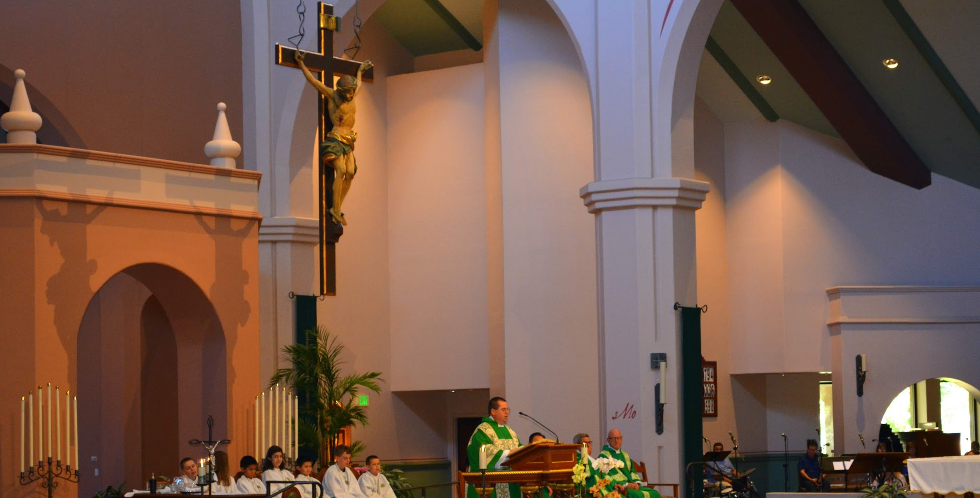I’ve been exposed to a number of difficult marital situations in the last few weeks. I can’t go into the details, but it’s heart-wrenching stuff. There are deep wounds that threaten to sever their relationships… perhaps permanently.
One of the things that can be very difficult is to well communicate what true love looks like, without overstating things. How does one make it clear that there are times of abuse or serial infidelity where separation is absolutely necessary but that doesn’t mean we are excused from our promises to self-less love beyond normal human means? Worse yet, how does one well communicate what the criteria might be to determine when one insists on a separation is acting selfishly or whether it is actually self-less?
This is particularly difficult when the issue of divorce in those difficult cases comes up but the Church rightly says that divorce is not itself grounds for an annulment. How can the Church say it is right to be separated, perhaps for the rest of one’s life including divorce, but at the same time say that there is still a marriage there?
While praying about how to speak about this, a parallel occurred to me that I think is worth pondering. It may not be a complete parallel, but I think it at least helps re-frame the conversation in terms that make sense to most people:
Ask yourself “How would I respond if it was my adult child, instead of my spouse, who was acting this way?”
You see, I think we as parents more naturally get self-less love with our children. We will *always* love our children and they will be our children “until death do us part”. Even if they murder or rape someone… they will still be our children. Even if they cheat on their spouse, your daughter/son-in-law who you’ve come to deeply love, you may be very disappointed in your child, but you will still love them.
Even if they get addicted to drugs or become physically abusive, and you have to separate yourself from them for the health of the family (and yourself) and it may be many years before you can have any sense of reconciliation… you will still love them. They will still be your child. Even if you never can see them again because they never repent of their sins and their harmful behavior, you will still love them and they will still be your child. And you will always be hoping and waiting and praying for the day that this comes to an end and you can hold your beloved child in your arms again. And you will do everything in your power to ensure that you won’t do anything to create non-essential barriers to reconciling.
That is self-less love. That is the love we are called to for our spouses. It is a love that is both realistic about the current problems and what must be done, but at the same time is time-less and unbreakable. I think it might be that if we ask ourselves “If my adult child were to do what my spouse has done that has hurt me so badly, how would I respond?” we might just be able to see more clearly the sort of love we are called to for our spouses.
